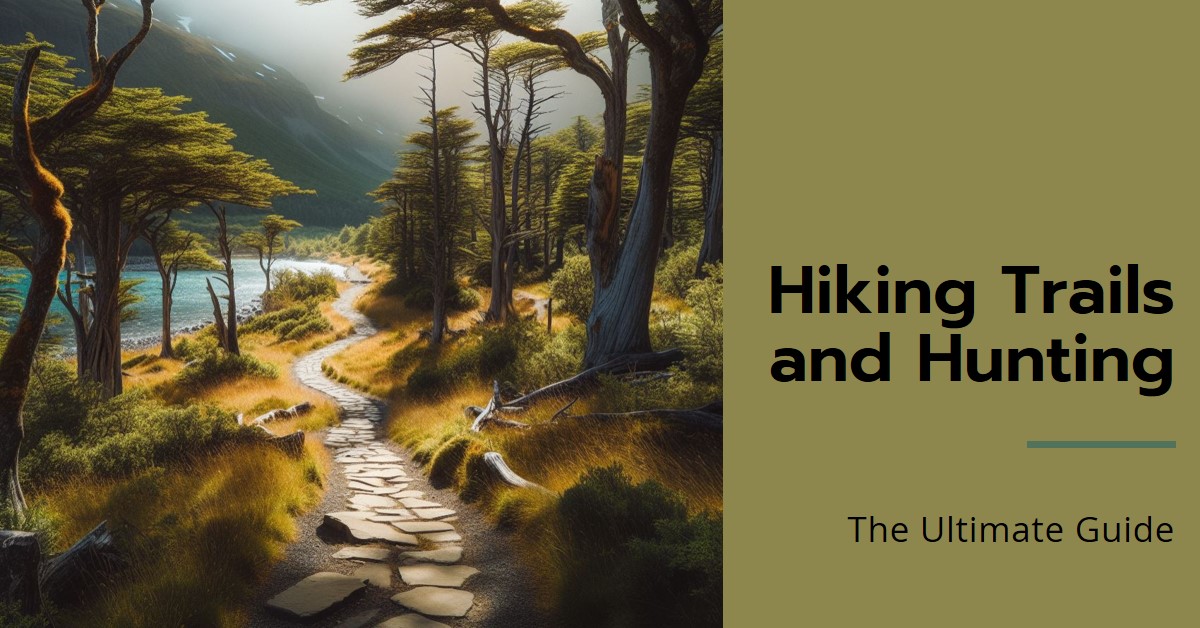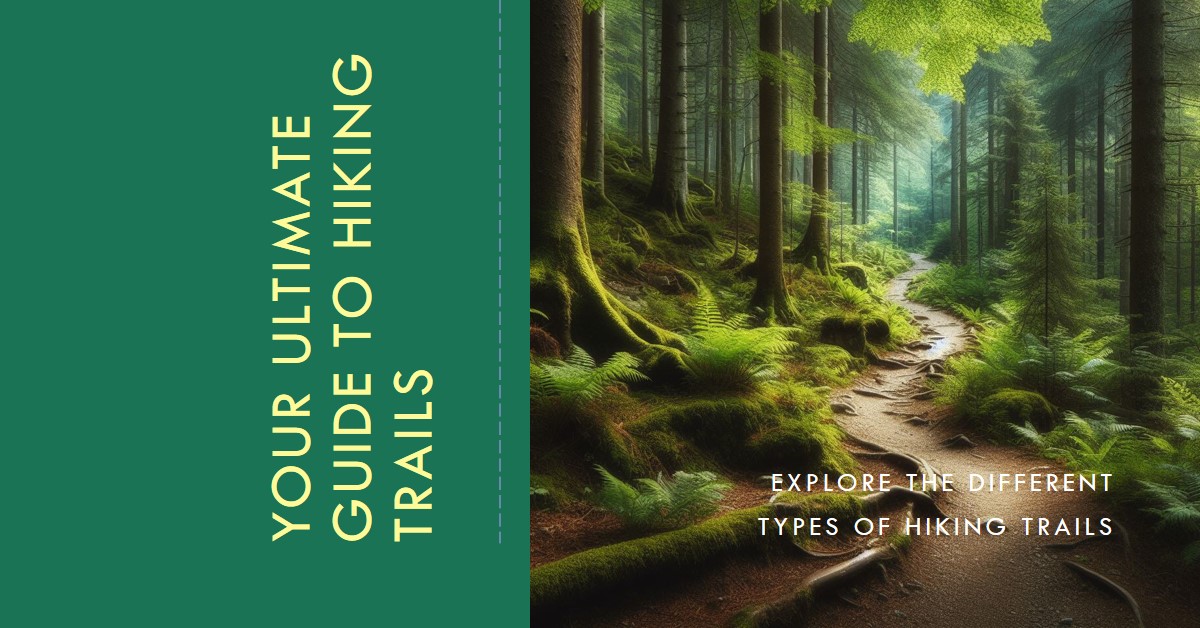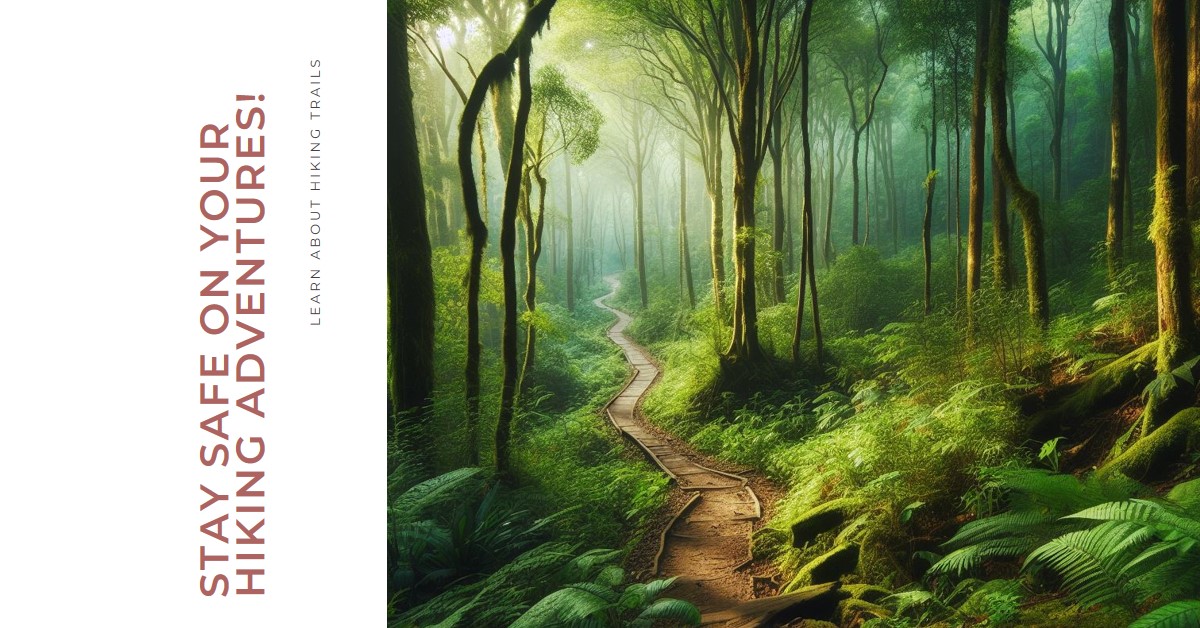Venturing into the great outdoors for a camping trip is an exhilarating experience. However, it’s crucial to remember that we’re stepping into the natural habitat of various wildlife. To ensure a safe and enjoyable journey, it’s essential to take extra precautions to protect yourself from potential animal encounters. Here are some expert tips to help you stay safe from animals while camping.
| Additional Safety Measures | Description |
|---|---|
| Arm Yourself with Bear Spray or Other Animal Deterrents | One of the first lines of defense against wildlife encounters is carrying bear spray or other animal deterrents. These tools are not just for bears; they can also ward off other potentially dangerous animals. They are a crucial part of your camping safety kit. Ensure they are easily accessible by storing them in a specific spot within your camping gear. |
| Adopt a Buddy System | The power of numbers should never be underestimated. When camping, it’s highly recommended to adopt a buddy system. This means you should always camp with at least one other person. A larger group can deter animals by presenting a more formidable presence. Additionally, having a camping buddy ensures that there’s someone who can provide assistance in case of an unexpected animal encounter. |
| Master Basic First Aid for Animal-related Injuries | Being prepared for potential animal-related injuries is another vital safety measure. It’s important to learn basic first aid techniques specifically designed for animal encounters. Knowing how to treat bites, scratches, or other injuries caused by animals can be a lifesaver in emergency situations. Take the time to educate yourself and your camping companions on these essential first aid techniques. |
Remember, the goal is not just to enjoy the great outdoors, but also to return home safely. By implementing these precautions, you can ensure a safer camping experience for everyone involved. So, pack your gear, put these safety measures into action, and prepare for an unforgettable camping adventure!
Camping is a fantastic way to connect with nature, but it’s also important to respect the wildlife that calls these areas home. By following these expert tips, you can ensure that your camping trip is not only enjoyable but also safe. Whether you’re a seasoned camper or a first-timer, these safety measures will help you navigate the wilderness with confidence.
In addition to these tips, it’s also important to be aware of your surroundings at all times. Keep an eye out for signs of wildlife such as tracks, droppings, or disturbed vegetation. If you come across any of these signs, it’s best to move your campsite to a safer location.
Also, remember to store your food and trash properly. Animals are often attracted to campsites by the smell of food. Use bear-resistant containers and hang your food and trash at least 10 feet off the ground and 4 feet away from any tree trunk.
Lastly, make noise while hiking or moving around the campsite, especially in areas with limited visibility. Many animals, including bears, prefer to avoid humans and will usually move away if they hear you coming.
So, get ready to embark on your next camping adventure with safety and respect for the wildlife in mind. Happy camping!














